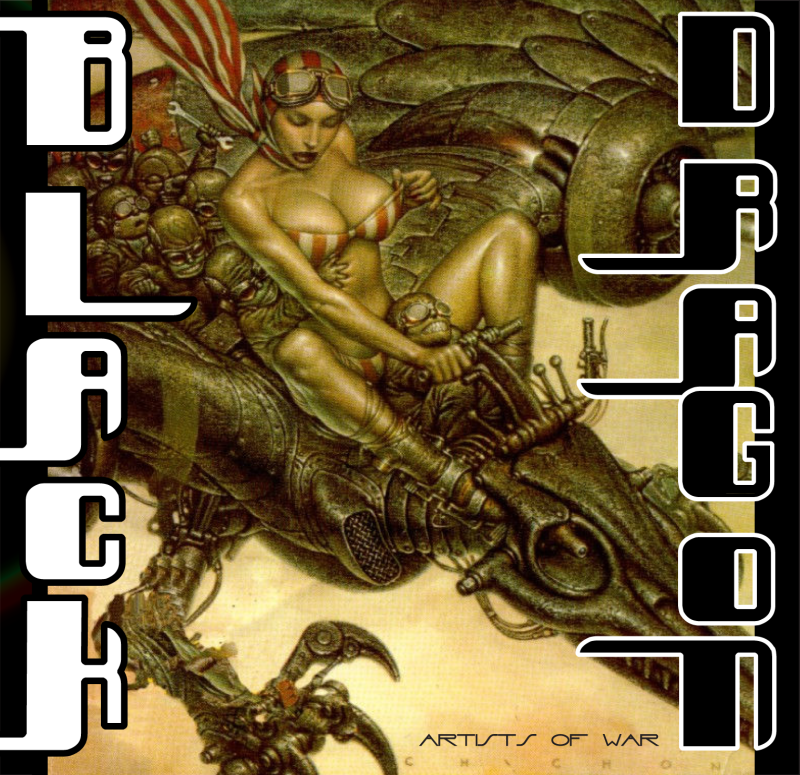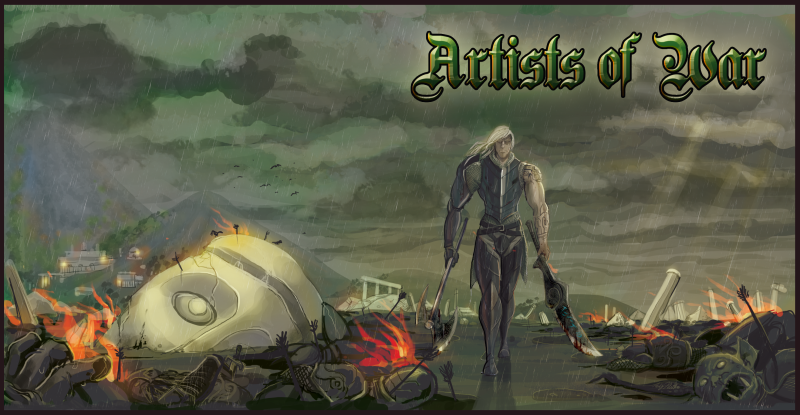After graduating, I've given some serious thought as to
whether I want to be a journalist or not. Being a journalist, at its
core, means using other people's words to tell your own story. We
gather quotes and video footage of other people saying or doing
things and then assemble them into a nice package to be easily
digested by an audience that is groomed to believe it's the only way
information can be transferred. But in the digital age and with a
new audience of readers who grew up with the internet, raw
information is becoming king.
People of my age
group are just as likely to get information direct from the source
via Twitter or Facebook as they are to hear about it secondhand from
a news outlet. The writer is slowly disappearing from the picture, and for me; a non-natural journalist, that's just fine. Because of this, I've decided to focus more of my
attention on the interpretation of information, rather than its
dissemination. By this I mean that I want to pursue my passion,
music, as much as possible.
Art is the interpretation of information into something that is as much editorial as it is informational. But it also has a personal-emotional context, making it the ultimate, most powerful communicative conveyor. - Me
Unfortunately, like the journalism
industry, the music industry has taken a very big hit from the free
distribution of its product online. But unlike the journalism
industry, music is not restricted by its own stylistic medium. Music
is a blank canvas on which anything can be placed. There are no
rules, and this appeals to me very much. If the journalism and music
industry’s are to overcome this financial hurdle, they must embrace
the mentality of my generation as consumers; product will be free or
cheap (Spotify), but will also be plentiful (indie bands/Bandcamp). There's been an insurgence of new
bands and bloggers since the means of production became digitized and
consumer-available in the early 2000s. In some way this is a good
thing for artists like myself who strive to be different and
original, but it also dilutes the medium. Plenty has been said about this, but as a guitarist, It's even worse.
If you look at the "music" section of a news stand at your local Barnes & Noble, you might notice that about half of it is populated by these magazine that have the word "Guitar" as one half of their title; Guitar One, Guitar World, Guitar Player, Vintage Guitar, etc. Ever since MTV started the craze of "guitar player as god" during the 80s hair metal movement, more and more young musicians or people who fancy themselves musicians have been picking up the instrument. This is exactly why there is now a shortage of bassists, drummers, singers, and multi-instrumentalists. According to the mainstream media, guitar is all that matter. As a result, there's thousands of young guys with PRS guitars and Mesa-Boogie amps and five years of guitar lessons who think they are the next Steve Vai. Well it takes more than precise playing and cookie-cutter tone to write music that matters. Be in a cover band, I don't care, but quit diluting the internet with your filth that masks the real artists who are working their asses off trying to get a little recognition. Moreover, stop being of the mindset that you have to be in the spotlight all the time. That the guitar is the most important piece of a band, that lead guitar is all you are capable of playing and furthermore, that you are good at it. Because you are not. Maybe you were supposed to be a kick ass drummer or bassist, but the world will never know, because your mind was corrupted at an early age by the culturally-perceived-hierarchy of musicianship (just blew your mind, right?).
So in the end, it's not the PRS-touting Mesa-Boogie playing guitarists fault that they suck. It's us, as a society for putting people on pedestals and feeling like we must diefy them (looking at you Slash). And if you wanna get really deep with it, it's just another form of the god complex that I love talking about; people need to feel that there is something supernatural, superhuman beyond ordinary existence that they can aspire to. Because Slash will live on forever through his music, right, but I'll die a nobody because I don't play a PRS or a Mesa Boogie and I only took a year of guitar lessons and a million people don't know about my sound? It's eternal-life man, and it's a fvcking joke.










